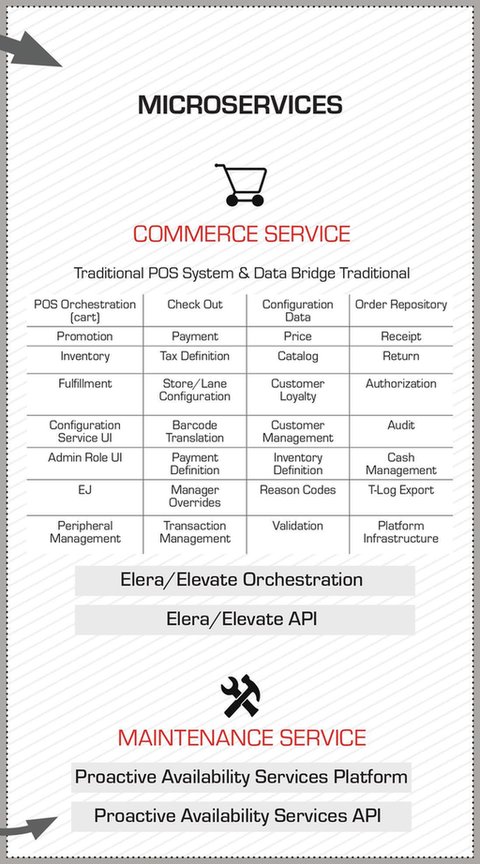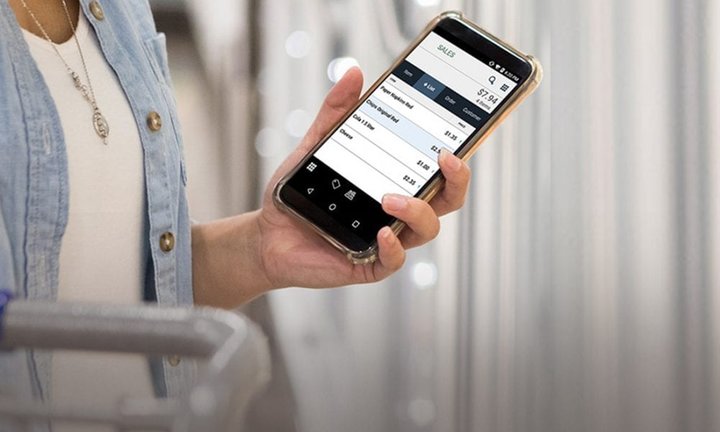In an environment where consumer behavior is rapidly shifting and retail experience is becoming truly contextual, omnichannel and personalized, moving at the speed of consumer expectation is a must for retailers to stay in the game. Consumer interactions with retailers are changing every day through new devices, channels, and experiences. And, as new channels open and new data about consumers and demand become available, retailers are finding that their organizations need to accelerate and support a pace of change that is well beyond their ability to keep up. With the constant need to improve the customer experience, increase agility, scale continuously and accelerate commerce, it is imperative that retailers stay ahead of the ever changing retail landscape. Whether it is for improving operations, reducing costs and enhancing customer experience, keeping pace with innovation requires more speed and flexibility. Retailers must be able to deploy new commerce experiences while minimizing risk and cost and they need to get to market faster—and that requires a new approach: Microservices.

Microservices are loosely coupled services that each serve a particular business function. They break up the platform monoliths—like a traditional commerce application—into individual parts, like order, checkout, shopping carts and inventory, so that they can be used in any customer experience and assembled in a way that serves the retailer’s specific objectives. They can be combined with existing software architecture to deliver larger scale applications quickly, frequently and reliably - all while evolving your current technology infrastructure.
The microservice approach enables retailers to develop, independently test and deploy new functionality such as POS, self-service, IoT sensors, computer-vision cameras and smart devices, without affecting other areas of the application. And by building incremental use cases, retailers can achieve even better functionality than they have in current solutions. “We’ve purposely designed the microservices based ELERA Commerce Platform with speed and innovation pivotal to creating cloud services and addressing today’s retailer challenges,” notes Poehler. By employing microservices approach to remove IT constraints, ELERA transforms retail infrastructure into dynamic, agile environments in which retailers around the world can roll out new services within days, then independently test, improve, update, and scale them to meet demand, without disrupting or replacing legacy systems.

The ELERA Commerce Platform gives retailers access to more than 30 pre-packaged microservices. Companies can easily turn solutions on or off to experiment with what works and what doesn’t or customize the system. The Platform also includes more than 400 application programming interfaces (APIs) for custom development and integration. That includes easy integration with third parties like Instacart. Retailers now have the freedom to create and innovate on top of pre-existing infrastructure and plug into 3rd party co-development opportunities.
Existing commerce platforms can’t be transformed overnight, but by adopting microservices incrementally, retailers can revitalize their system architecture on their own schedule. By taking this evolutionary approach retailers can provide commerce solutions faster, with more flexibility than ever before.
Embracing Microservices Approach
